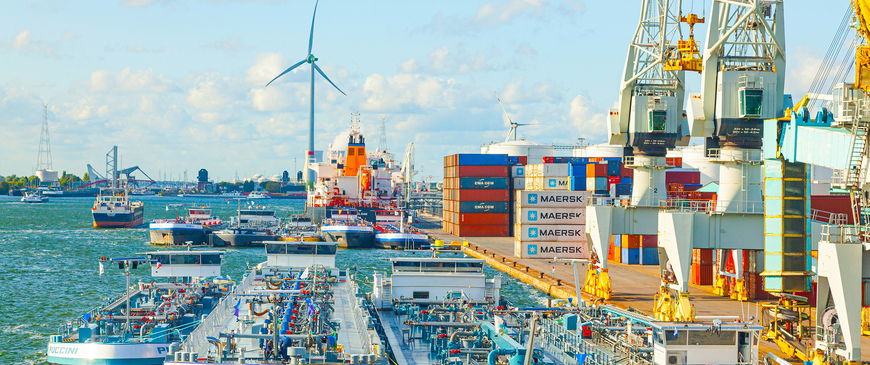
The EU should reconsider the possibility of exempting Ukraine from CBAM, – CER analysts
The European Union should reconsider ways to reduce the impact of the CBAM on Ukraine, one of which could be a temporary exemption from this mechanism. This recommendation was made by CER analysts Elisabetta Cornago and Aslak Berg in their study 'Lessons from the CBAM transition: Early impacts on trade and climate efforts'.
They suggested that the European Commission, as it prepares for the first review and possible extension of the CBAM, should support its developing trading partners in decarbonizing their industries. The authors of the report say this can be done through policy advice, technology transfer, and financial support funded by CBAM revenues.
They also insist that the EU should:
1. Use CBAM revenues to finance technology transfer policies and support decarbonisation for LDCs and developing countries.
2. Work with our trading partners to support countries that want to introduce carbon quota systems by helping them design and implement such systems.
3. Make specific support for industrial decarbonization a key part of your climate diplomacy and foreign investment strategy – from financial support to technology transfer.
Analysts say that the obligations and requirements for accounting and reporting of carbon emissions under the cross-border carbon adjustment mechanism from October 2023 are administratively burdensome for importers and producers. But a year after their introduction, CBAM has no noticeable impact on trade flows. Manufacturers cover these administrative costs and continue to trade with the EU. At the same time, analysts note that CBAM has already encouraged other countries to implement their own carbon pricing systems or adjustment mechanisms. According to the authors of the report, significant changes will take place from 2026, as importers of CBAM goods will have to pay a carbon price aligned with the EU ETS price.
